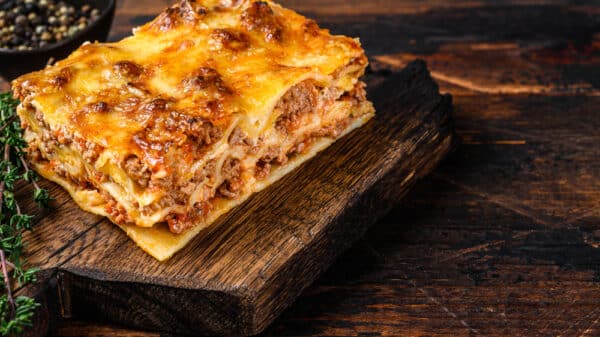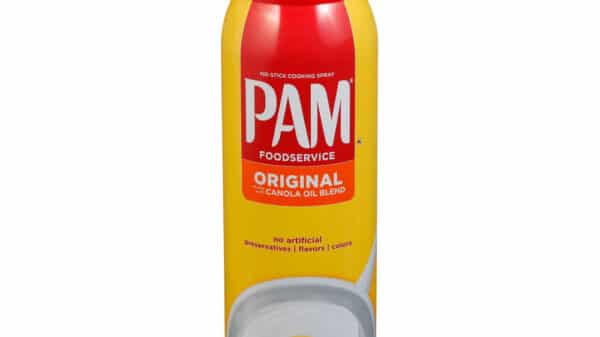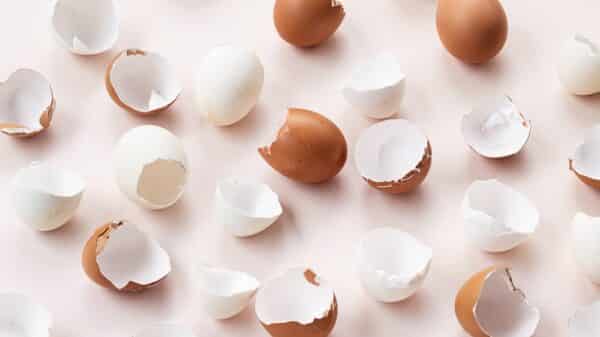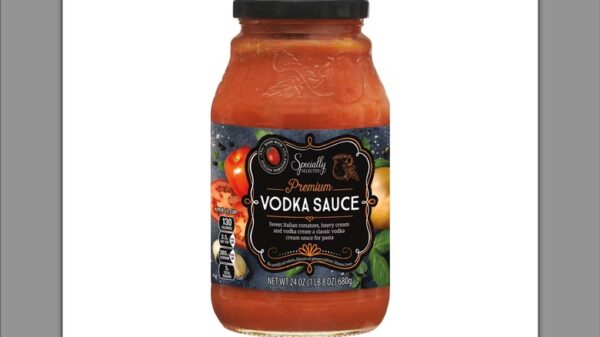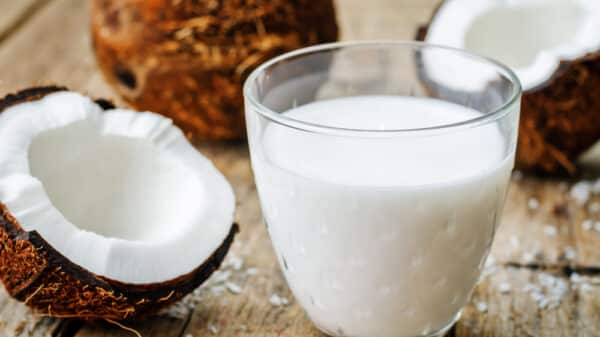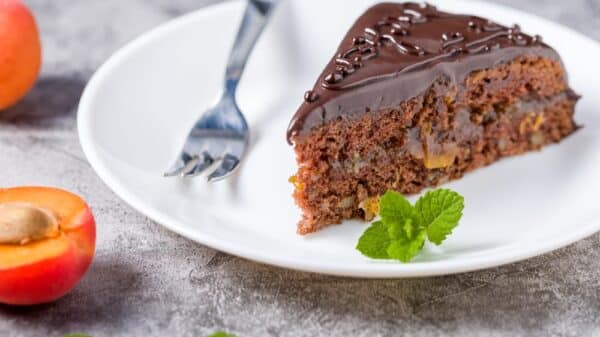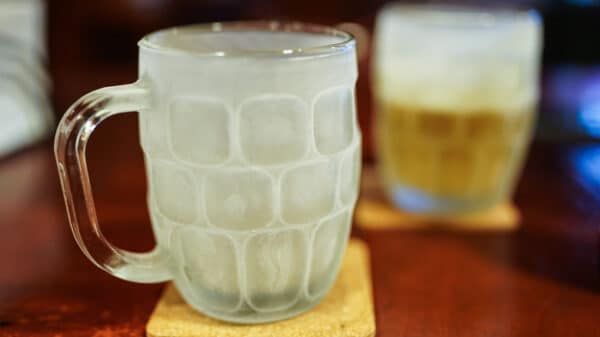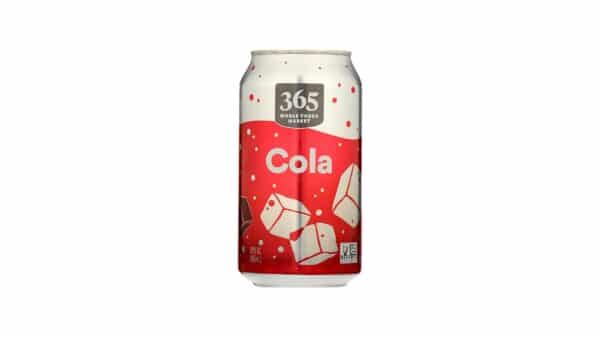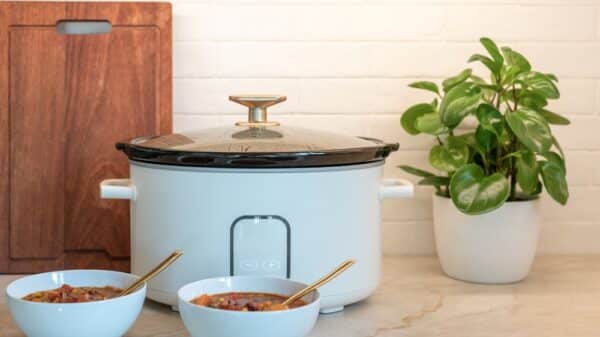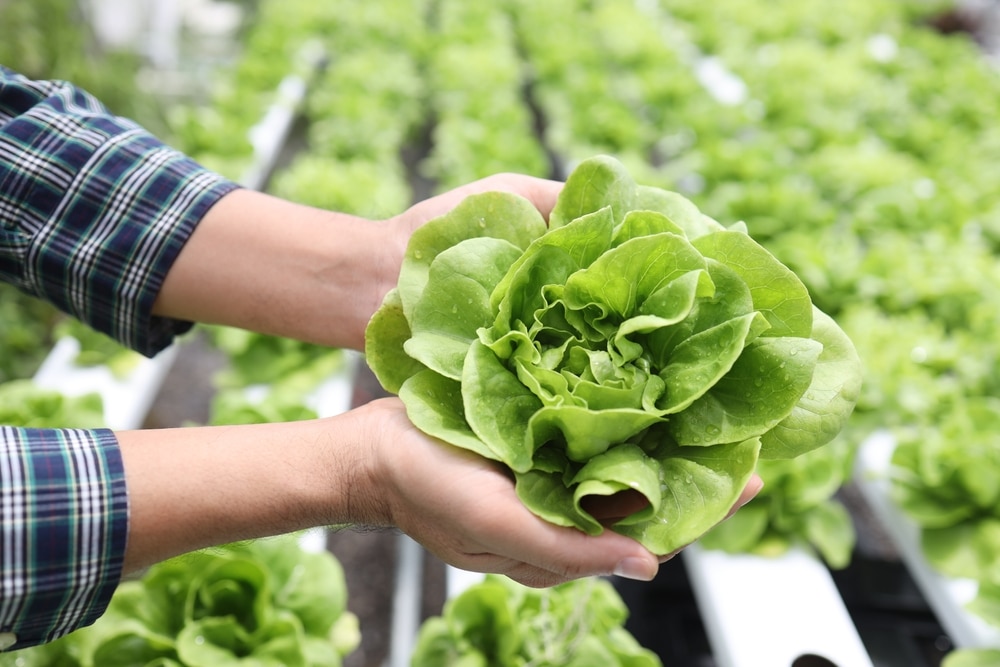Starting with a clean surface is crucial when washing fruits and vegetables. Wash your produce before you chop it. This straightforward action can prevent unwelcome foodborne illnesses that might spoil your meal plans.
If you’re incorporating leafy greens like lettuce, spinach, or kale into your dish, there’s one essential step to consider. Rinsing these vegetables under running water helps remove dirt and pesticide residues but adding a splash of white vinegar to your routine significantly enhances your cleaning efforts and reduces bacteria risks.
Distilled white vinegar does more than elevate your salads or serve as a go-to cleaner for kitchen messes. It can be your unexpected ally in achieving perfectly clean greens. To create a food-safe solution, mix half a cup of distilled white vinegar with a cup of water and soak your lettuce in it.
This simple combination cuts through grime and helps eliminate bacteria without imparting a harsh taste. Just make sure to rinse the leaves well afterward to avoid a sour flavor. No one wants their salad tasting more like vinegar than fresh produce.
After rinsing, gently pat your greens dry with a clean paper towel before serving to maintain their crispness. Your guests will appreciate the fresh crunch, and you’ll feel confident knowing you’ve taken steps toward food safety.
The significance of thoroughly cleaning leafy greens can’t be overstated, particularly during meal prep. Many might not realize that fresh vegetables, especially leafy greens, can harbor potential food poisoning hazards—sometimes even more than ground meats. Raw greens like lettuce may carry bacteria such as listeria and E. coli, leading to unpleasant outcomes.
Cooking can eliminate these germs, but if you enjoy salads raw or only lightly cooked, it’s essential to wash your produce thoroughly to ensure your meals are safe and enjoyable.
This is where white vinegar shines as a fantastic kitchen ally. With its natural antimicrobial properties, it effectively tackles bacteria, including troublesome invaders like listeria, E. coli, and salmonella.
However, it’s important to note that while vinegar is highly effective against bacteria, it’s less so against viruses. So, if you’re using it as part of your general cleaning strategy at home, be mindful of its limitations.
Taking these extra steps for food safety not only gives you peace of mind but also showcases your commitment to health and flavor in your meals.
So, go ahead—make your leafy greens sparkle, and enjoy knowing you’ve contributed to a delightful and safe dining experience!


